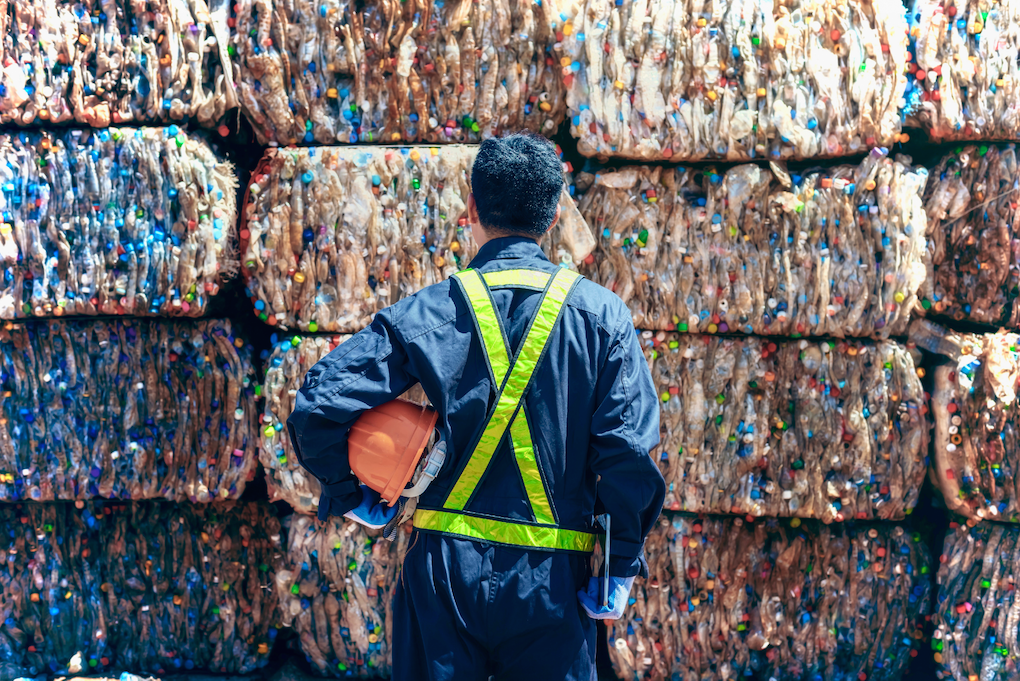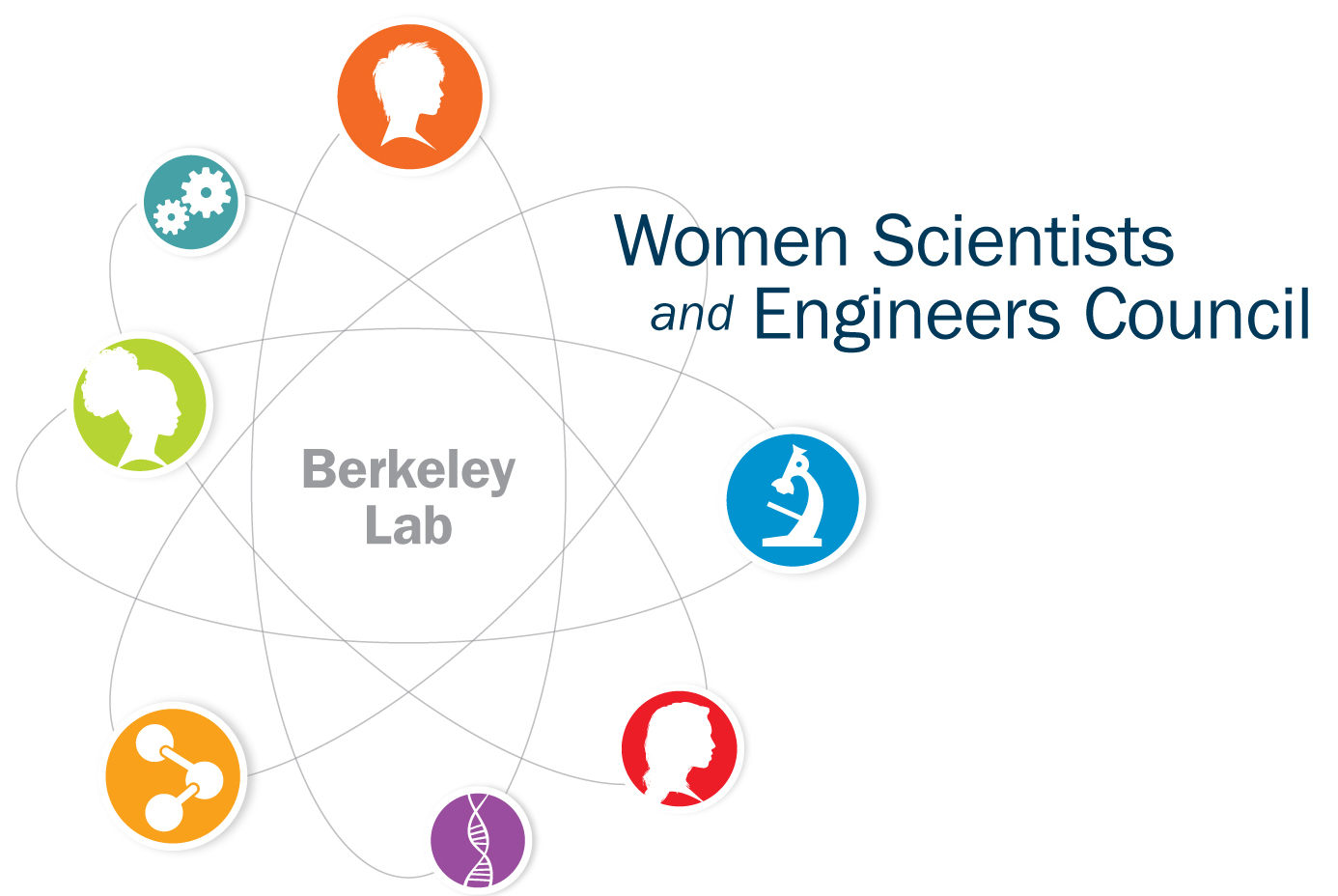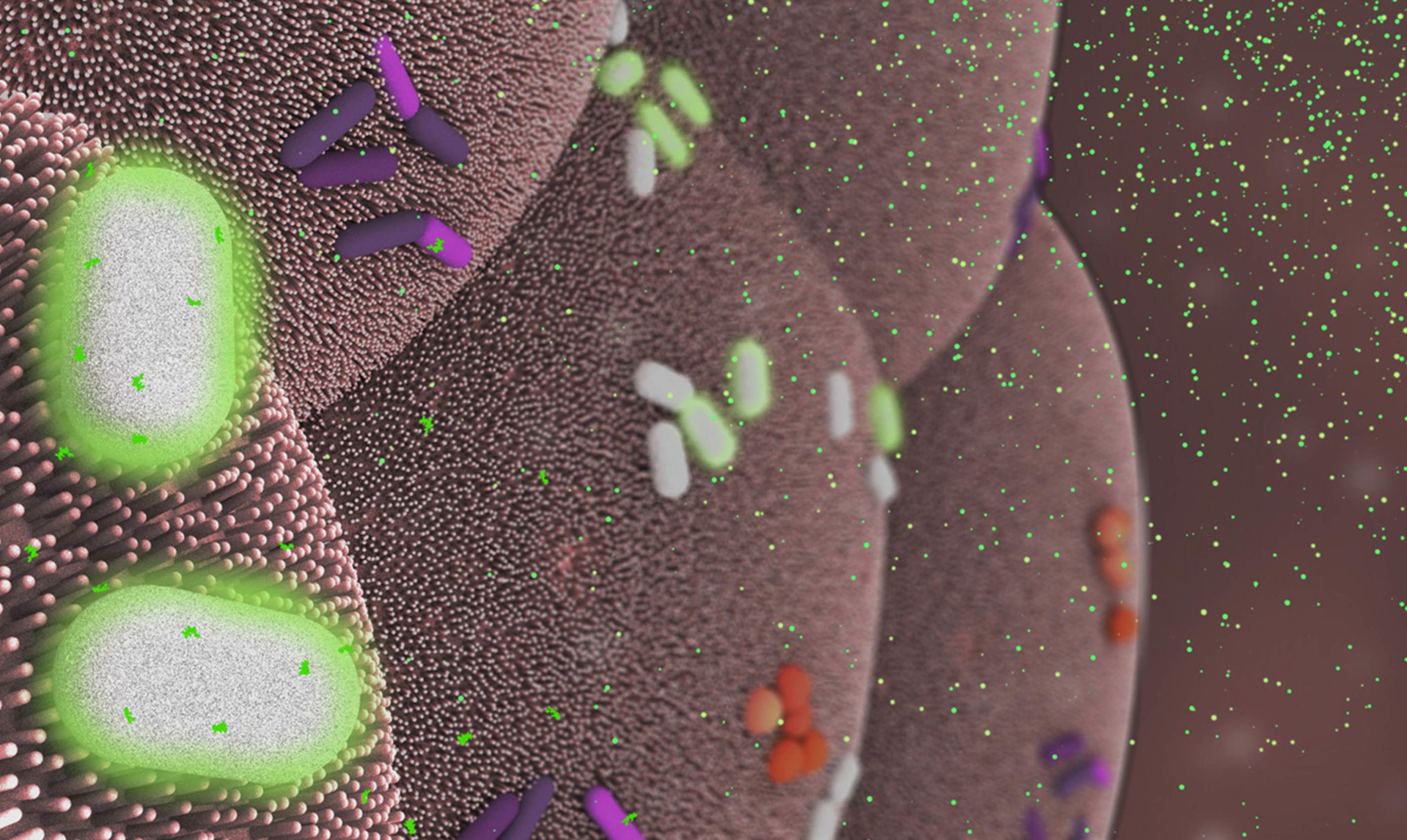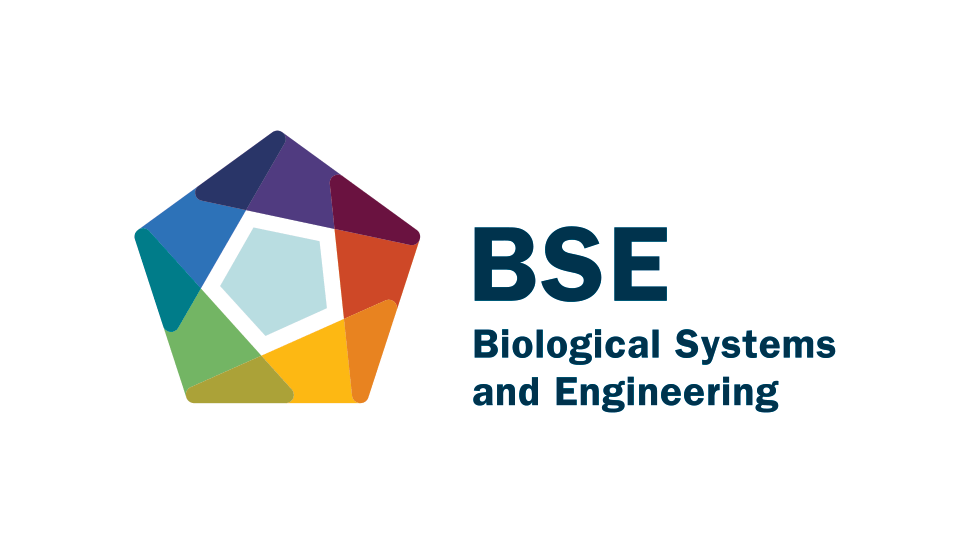
some more text
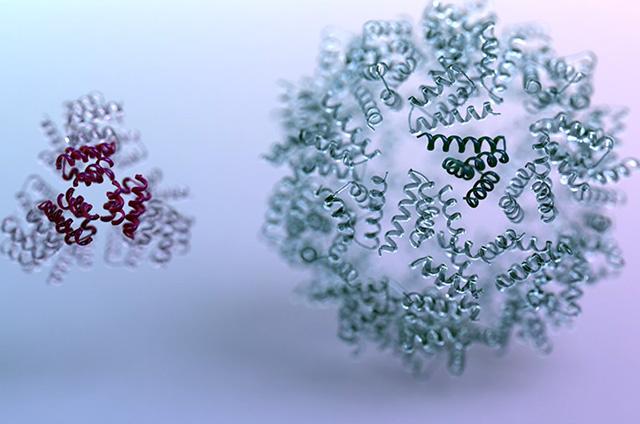
some more text
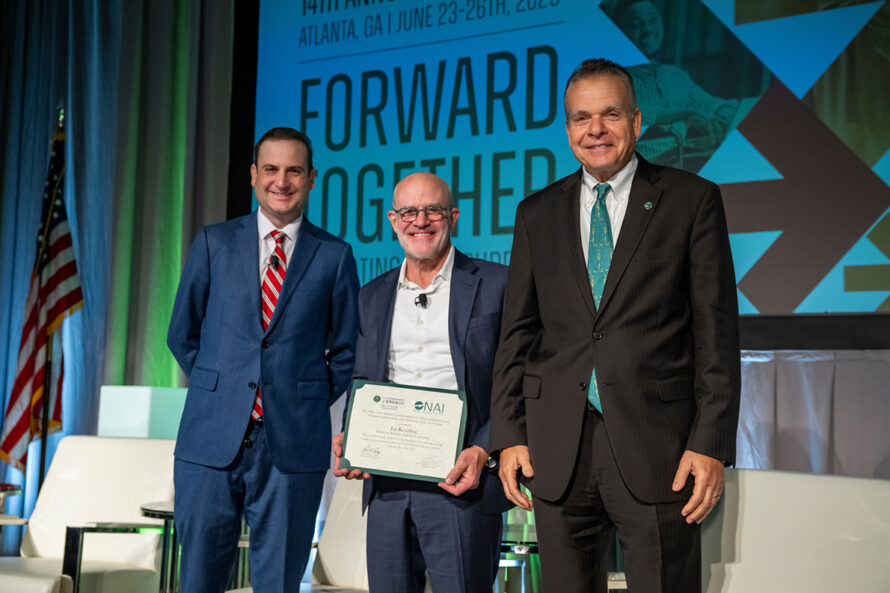
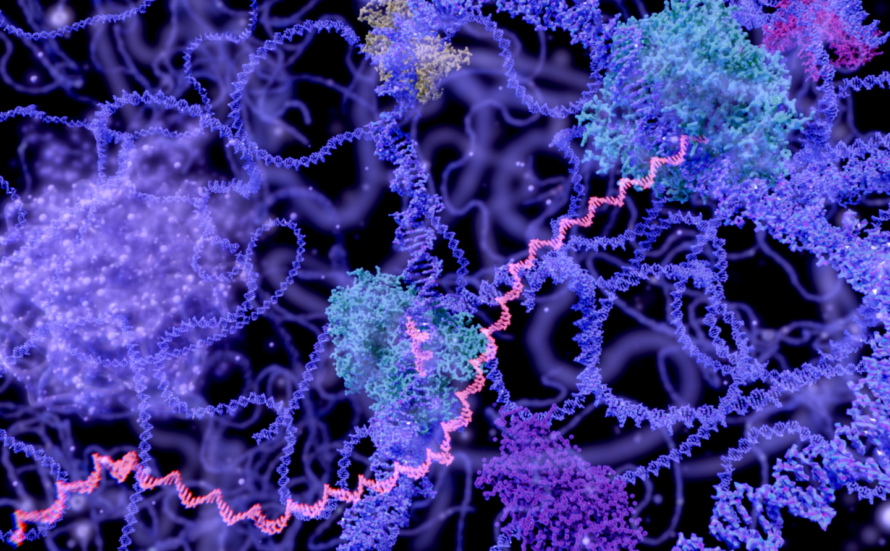
-
The Future Looks Bright for Infinitely Recyclable Plastic
The average person in the U.S. generates about 100 kg of plastic waste per year, most of which goes straight to a landfill. A team led by the Joint BioEnergy Institute’s (JBEI) Corinne Scown and Jay Keasling and the Molecular Foundry’s Brett Helms and Kristin Persson set out to change that. Less than two years ago, Helms announced the invention of poly(diketoenamine), or PDK, a material that has all the convenient properties of traditional plastics while avoiding the environmental pitfalls. Now, collaborating with researchers from JBEI and Biosciences, the team has released a study that shows what can be accomplished…
Read the article -
Biosciences Area FY22 LDRD Projects
The projects of 17 Biosciences Area scientists and engineers received funding through the FY22 Laboratory Directed Research and Development (LDRD) program.
Read the article -
Women @ the Lab Awards
Four Biosciences employees were selected by Berkeley Lab leadership and the Women Scientists and Engineers Council (WSEC) for recognition as part of the 2020 Women @ the Lab awards. The biennial program, now in its fourth year, spotlights women at the Lab for meritorious professional contributions, leadership, mentorship, and outreach.
Read the article -
Bissell to Receive Cancer Research Award
Distinguished Senior Scientist awarded the American Association for Cancer Research Award for describing ways in which the microenvironment of cells can influence tumor growth.
Read the article -
New Protein Functions from Beneficial Human Gut Bacterium
Researchers in the Environmental Genomics and Systems Biology (EGSB) and Biological Systems and Engineering (BSE) Divisions at Berkeley Lab employed a large-scale functional genomics approach to systematically characterize Bacteroides thetaiotaomicron, a beneficial bacterium prevalent in the human gut. They performed hundreds of genome-wide fitness assays and identified new functions for 40 proteins, including antibiotic tolerance, polysaccharide degradation, and colonization of the GI tract in germ-free mice.
Read the article

